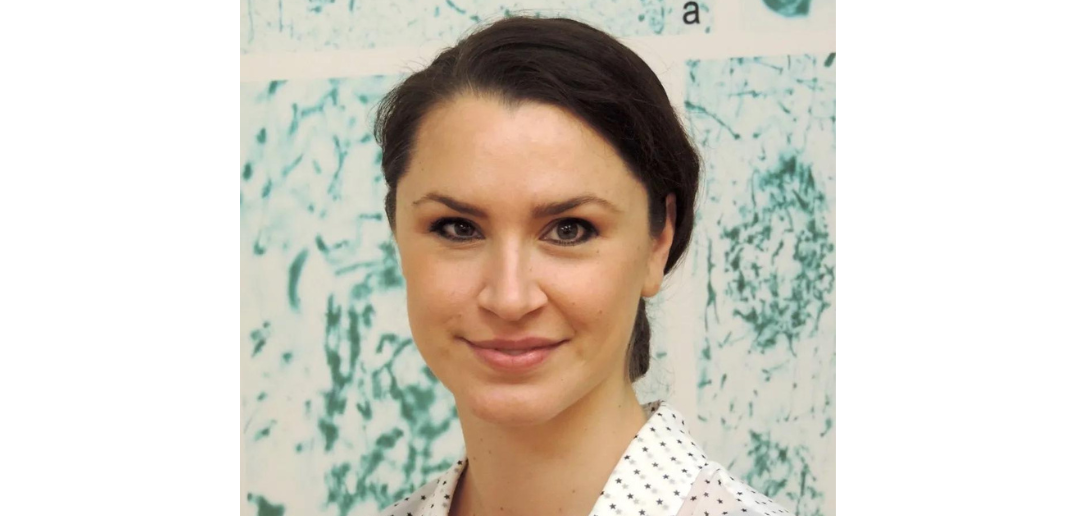Simple new test detects deadly cancer

01/07/24
Researchers at Chris O’Brien Lifehouse have discovered a ground-breaking method of detecting brain cancer with a simple test that patients can do anywhere, anytime.
The Sydney private hospital’s head of brain cancer research, Dr Kimberley Alexander, said detecting a deadly and common form of brain cancer could be done with a simple urine test.
“A brain cancer diagnosis is one no-one wishes to receive, especially the most aggressive and common type, which is known as Glioblastoma (GBM),” she said.
“The outlook for GBM patients is still really poor.
“Less than five percent of people with a GBM diagnosis survive more than five years. On average, people live about 14 to 15 months from diagnosis, even with rigorous treatment.
“Getting a rapid diagnosis is vital so that treatment can start as soon as possible.”
Dr Alexander said one of the challenging aspects of managing GBM clinical care was knowing whether a tumour had returned following treatment, which is where the ground-breaking new test came in.
“Patients will have surgery to remove as much tumour as possible, and treatment with radiation therapy and chemotherapy,” she said.
“Patients then have MRI scans every few months to monitor for tumour changes, but often the scans can’t tell if the tumour is responding to treatment or if it is resisting treatment and growing back.
“For patients and their families, not knowing if their GBM tumour is stable or not is terribly stressful.
“This also creates a lot of indecision about how to manage patients clinically. Unless there are drastic clinical symptoms, it’s hard to know whether to change treatment or if further neurosurgery is needed.
“In some cases, patients can undergo further neurosurgery only to find their GBM tumour was not actively growing and changes on the MRI scans were actually related to their treatment.
“Although incredibly effective, neurosurgery is a highly-invasive procedure that carries a lot of risk to the patient and should only be exercised when therapeutically necessary.”
Dr Alexander and her team have been able to detect brain cancer molecules in urine that accurately indicate the presence of a GBM tumour. The molecules decrease after treatment but increase again when a tumour reappears.
“These molecules are packaged in nanoparticles that are released by GBM tumours in huge quantities,” Dr Alexander said.
“We’ve been able to capture these nanoparticles from tumour cells, surgical fluid and from patients’ blood, and have developed methods to sequence the molecules inside and use this information as a surrogate for GBM tumour tissues.
“Our research has been focused on developing blood tests for GBM and we have found highly accurate, sensitive molecular signatures for GBM in nanoparticles captured from the blood.
“This led us to consider where these nanoparticles end up – ‘how do these particles leave the body?’ – and it’s mainly thought to be through the urine.
“We compared the urine of 24 GBM patients to the urine of people with no cancer history, and by looking at molecules carried in the urine nanoparticles we could detect a GBM tumour with almost 96 percent accuracy.”
Dr Alexander said the numbers from the study were “exciting and very encouraging”.
“To have a better indicator of how a GBM tumour is behaving would be amazing – it will reduce patient and carer anxiety, and provide clinicians with an an extra test in their tool belt,” she said.
“A urine test to monitor GBM tumours would also be enormously beneficial for patients who live far from metropolitan hospitals with MRI machines and radiology specialists. Potentially, patients could collect a wee sample at home and send it to the lab.
“Urine can be easily and frequently collected in large volumes, at minimal discomfort to the patient.
“And it’s particularly stable as well – blood needs to be tested within four hours, but for urine, it can be tested up to three days later.
“And it is incredible that a readily-collectable body fluid (urine) can provide insight into a location in the body (the brain) that is very inaccessible.
“As a researcher, it’s very exciting and satisfying to contribute new scientific findings that are long overdue for patients with brain cancer.”
Dr Alexander and her team are now seeking urgent funding to fast-track this research into clinical trials, with investigations also underway into whether this approach could be used to screen for other types of cancer.
“We’re so fortunate to work with leading clinicians here at Chris O’Brien Lifehouse and are so grateful for the incredible community support,” Dr Alexander said.
“We are seeking more funding. It’s important to note that while this study is focused on GBM, this approach could be applied to detect and monitor other types of cancers, which could have a huge impact for all people diagnosed with cancer.”
